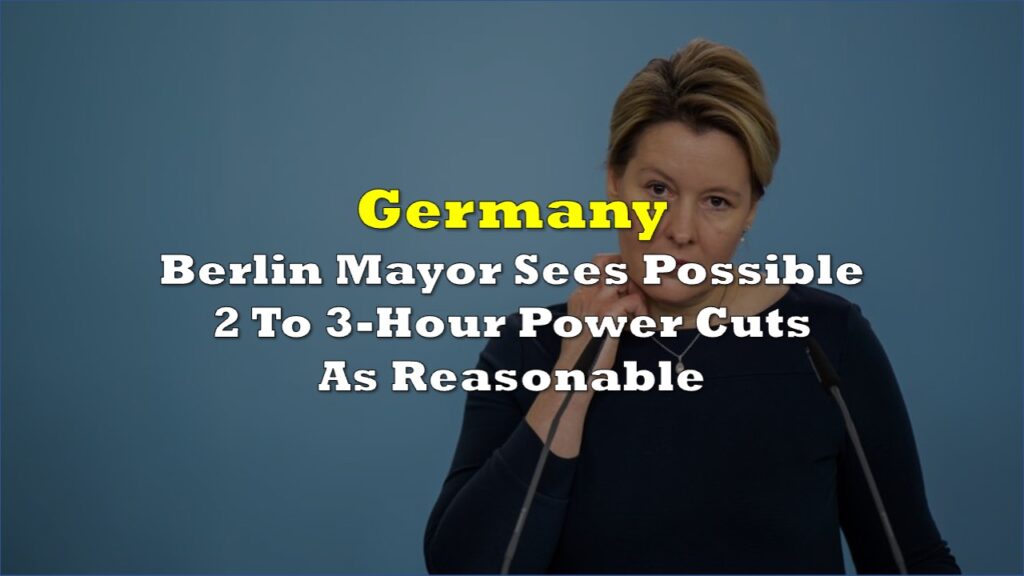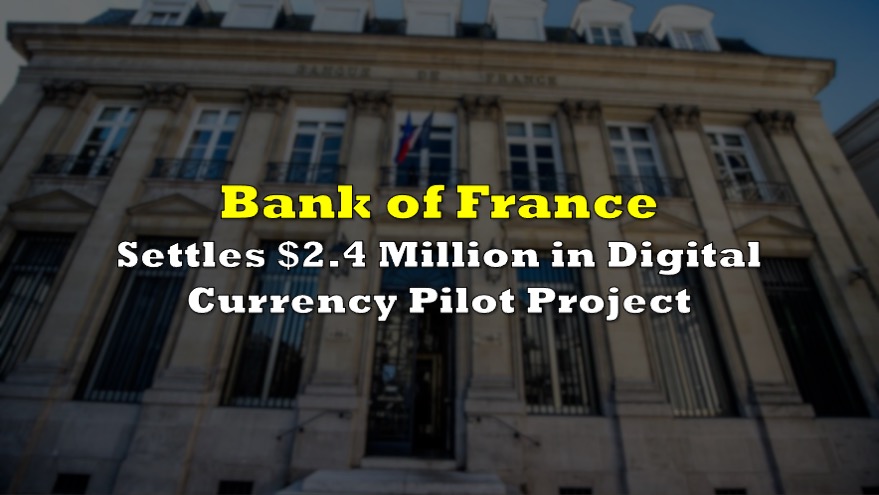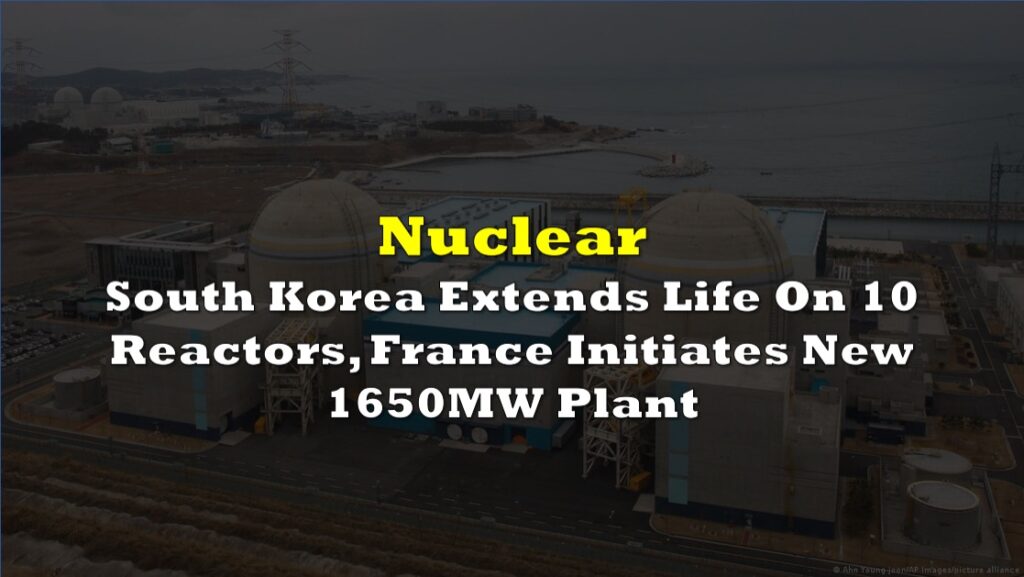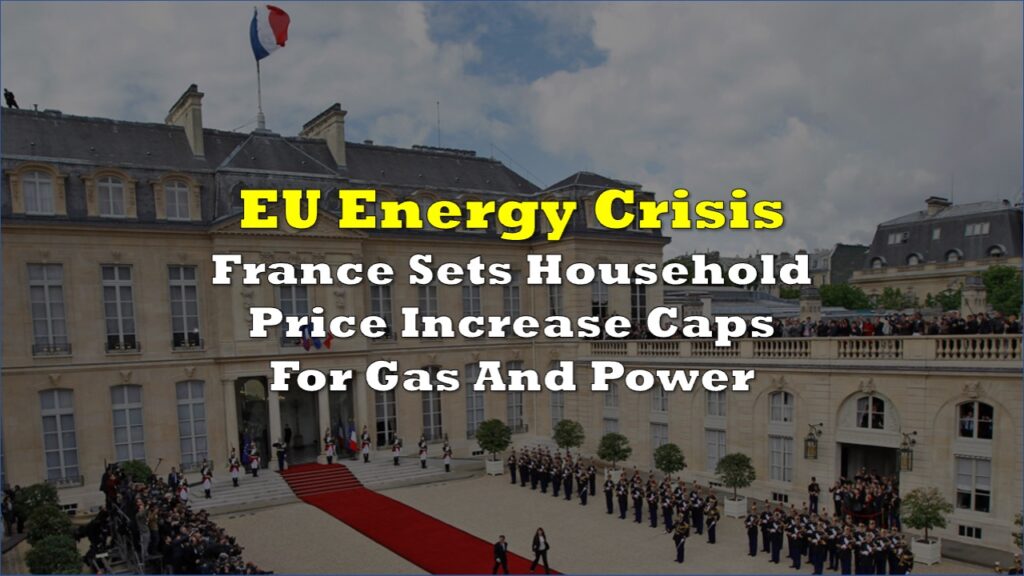The French government announced its plans to fully nationalize the country’s power utility giant Électricité de France (EDF). The state, which already owns 84% of the firm, is set to take the entire ownership of the electricity producer.
“I confirm to you today that the state intends to control 100% of EDF’s capital,” Prime Minister Elisabeth Borne said on Wednesday to the lower house of parliament as she outlines her policies.
She added that the nationalisation move would help EDF to carry out “ambitious and essential projects” for France’s energy future.
Following the announcement, the company’s board of directors declared taking note of the plan to launch the process for the succession of Chairman and CEO Jean-Bernard Lévy. The firm’s chief, who has served as CEO since 2014, is set to retire by March 2023.
“In agreement with Jean-Bernard Lévy, the new Chairman and CEO of EDF, when appointed, will be able to take up his duties before this deadline,” the company said in its statement.
According to law, EDF’s ownership makeup includes a 70% stake minimum to be owned by the state. The chairman and CEO is appointed by the country’s president through a decree and upon the recommendation of the board of directors.
With the move, the state is set to control one of the biggest power giants in the world. According to Statista, EDF lead’s the list of the world’s largest electric utilities based on sales as of April 2022–with annual sales of nearly US$100 billion.
The firm generates its around 78% of its output from controlled nuclear plants. EDF also controls a multinational network of renewable energy production, grossing a total of 27 GW of power.
EDF Group’s operations span a global reach, with its main revenue generators found in France, Italy and the United Kingdom.



But the state taking on the full stake of EDF doesn’t come without costs. In Q1 2022, the company disclosed its EBITDA is heading on a downward trend, heavily impacted by a negative €14 billion cost of missing nuclear volumes.
“2022 remains a very challenging year. The volatility in the markets remains extreme. The impacts of the Ukrainian conflict are difficult to quantify. So, in the current situation we will still not provide any guidance for 2022,” Group Senior Executive Vice President Finance Xavier Girre said in an investors conference.

As of December 2021, the company is worth €360.97 billion in total assets, with €105.03 billion in current assets. The firm also ended the year with €97.11 billion in current liabilities and €201.84 in non-current liabilities.
Information for this briefing was found via Reuters and the companies mentioned. The author has no securities or affiliations related to this organization. Not a recommendation to buy or sell. Always do additional research and consult a professional before purchasing a security. The author holds no licenses.









